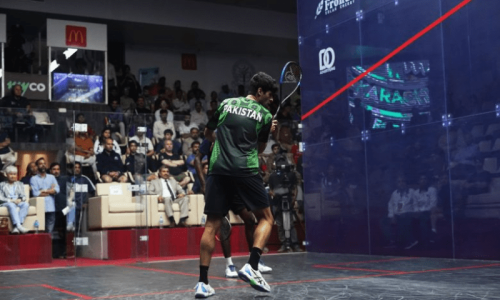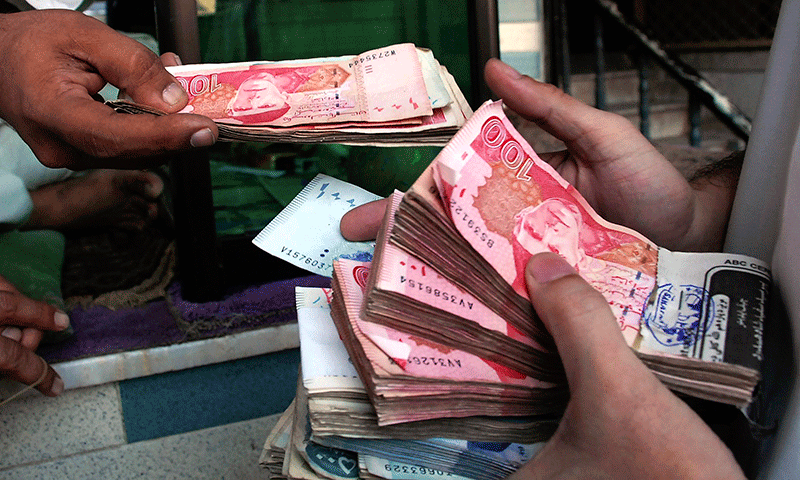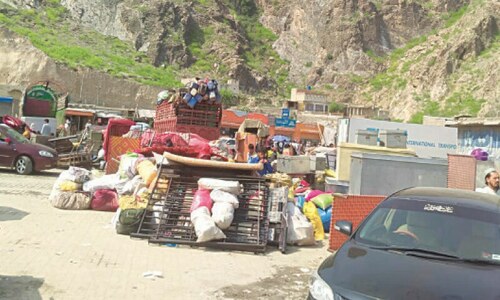
LAGOS: Near the parade ground that Queen Elizabeth II once toured when Nigeria was still under British rule, the sharp crack of a ball against a bat marks the rebirth of a colonial sport now finding a second life.
Cricket, once the preserve of Nigeria’s educated elite, is finding favor in schools for poor children and in the streets of some of the nation’s most violence-torn cities.
“We want cricket to reach across the country,” said Nigeria cricket federation president Kwesi Sagoe, whose father and grandfather both played on Nigeria’s national cricket teams.
“We need to get the kids right from birth to accept the culture of cricket. ... We want to get to the point where a kid is born and, at (age) two or three, they’re already thinking about playing cricket, so it’s as popular as football.”
Football remains unchallenged as Nigeria’s favourite game. Drivers show off license plate frames or stickers from their favourite English Premier League clubs in snarling Lagos traffic; Nigerian names dot rosters in top-flight European teams. Football, which can be reduced to just a ball and some space, is also more accessible, as pieces of rubbish often demarcate goal post areas in pickup games.
Yet cricket has a long history in the country. British colonialists introduced the game to boarders in Nigeria’s top secondary schools in the 19th century. Nigeria played its first recorded international game in 1904 against present-day Ghana, local cricket officials say.
A lack of cash to buy equipment, however, fettered cricket’s appeal over the years, leaving most Nigerians today puzzled by the bat-and-ball game. That is changing as cricket federation officials like coach Joseph Oche Onoja adapt the game on the cheap to Nigeria’s realities.
Fielders at his matches don’t wear kits and batsmen don’t don helmets. They use an $8-version of the professional bats that can cost between $250 and $400. Instead of a hard leather ball, his players make do with tennis balls. And players accept that the pitch’s bumps may divert the ball from its intended target.
In Nigeria’s north, street hawkers see Onoja and shout in the local Hausa language, asking if they can play, too.
“I tell them to drop their oranges or whatever they’re selling and join the game,” Onoja said.
He’s even worked to win over new cricket fans in places such as Borno state, which faces near-daily attacks by the radical sect, Boko Haram. The violence has prevented the federation from organizing games there in recent months, but it continues to donate free gear to those determined to keep playing.
Only a sliver of the cricket federation’s budget comes from the government; about half comes from the International Cricket Council and the rest comes from income-generating initiatives such as renting the pitch for social events that will not damage their prized field.
The efforts to develop cricket are bringing results. In 2002, Nigeria graduated from being an affiliate member to an associate member of the International Cricket Council, bringing it one step closer to the league of such cricket powerhouses as South Africa, India, Pakistan, Australia and the West Indies.
In 2008, Nigeria was ranked for the first time among cricket-playing nations, in 39th place. It is now ranked 37th out of 106 cricket-playing countries and fifth in Africa, the International Cricket Council’s website says.
The federation also formed its first national women cricket team last year. Coach Onoja proudly shows anyone who asks pictures of hijab-wearing women playing cricket in Nigeria’s mainly Muslim north.
More than an alternative sport, the game also serves as one more avenue to escape hardship in a country of more than 160 million people with few opportunities for its youth.
He also plays for Britain’s MildenHall Cricket Club during the seven-month season.
Akolade offers this advice to young players: “Give it a try. ... Imagine if years back I hadn’t given cricket a try; what would I be doing today?”












































